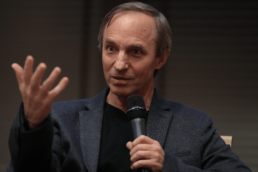Stanisław Obirek: “Beware of anti-Semitism without Jews”
Professor of History of Christianity in Warsaw compares hatred and mockery of the people of Israel around the world, highlighting latent dangers
Theologian, historian, cultural anthropologist and former Jesuit, Stanisław Obirek was born on August 21, 1956 in Tomaszów Lubelski, Poland.
Now an adjunct professor of the History of Christianity at the Center for American Studies at the University of Warsaw, to which position he was appointed by the President of the Polish Republic on September 19, 2011, he is the right figure to feel the pulse of the creeping anti-Semitism that permeates today’s society of his country, increasingly with anti-Israel accents.
After graduating in 1975, he studied theater at the Jagiellonian University in Krakow and a year later entered the Jesuit Order under the influence of Stanisław Musiał. He completed his novitiate in Stara Wieś in Podkarpackie Voivodeship), but was ordained a priest in Naples in 1983 and professed his vows in 1991.
Centomila persone hanno manifestato in #Polonia contro la ultima decisione della Corte costituzionale che ha messo in discussione il primato del diritto comunitario. L’importanza di queste proteste ci spiega Stanislaw Obirek, Univ. #Varsavia @RaiNews @msapia24 pic.twitter.com/vtfkrb5xHM
— Marina Lalovic (@MarinaLalovic) October 11, 2021
From 1994 to 1998 he was rector of the Jesuit College of Cracow, becoming the following year professor at the College of the Holy Cross of Worcester in Massachusetts and in 1999 professor at the University of Łódź, to which he was reappointed in 2006. Since 1998 he has also held the chair of History and Philosophy of Culture at the Jesuit Philosophical-Pedagogical Academy “Ignatianum” in Krakow.
His severe statements on the conditions of the Roman Catholic Church in Poland, especially on the cult of Pope John Paul II, earned him fierce attacks from the bishops of his country. In 2005, he was punished by the Provincial of the Jesuit Order with a year’s silence, a measure to which the scholar reacted by resigning and leaving the priesthood.
“In 10 years in Europe the risk of no Jewish life”
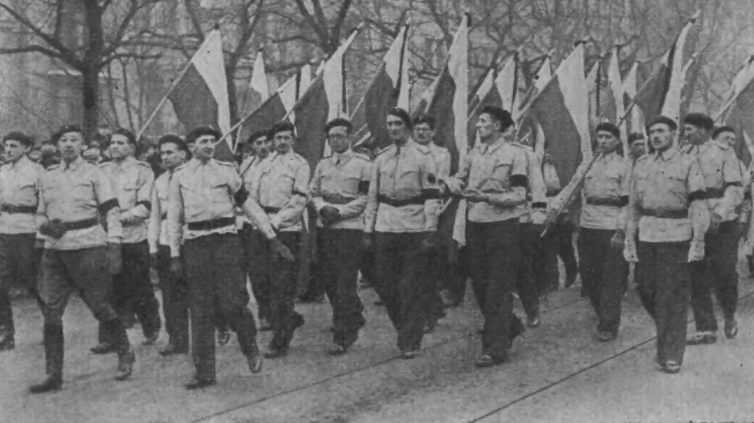
Do you feel that anti-Semitic behavior in Europe is on the rise? What are the reasons?
“The growth of anti-Semitism is a global phenomenon related to the growth of fundamentalist currents within all major world religions. Starting from Christianity, Islam and Judaism. The growth of Christian fundamentalism is particularly evident in Central and Eastern Europe and overlaps with the redefinition of identity of the peoples who have lived in the Soviet bloc. This is leading to the birth of new ethno-nationalisms that draw legitimacy from a specific interpretation of Catholicism. This is a phenomenon we have already seen in history. Already when Poland gained its independence in 1918 it saw the growth of a strong anti-Semitism that affected Polish Jews, who then made up 10% of the total population. Some movements, such as the National Democracy party, believed in social Darwinism and interpreted Catholicism as a source of legitimacy of their anti-Semitism. This created a correlation between anti-Semitic nationalism and the Catholic religion that resurfaced after independence in 1989. Today in Poland the growth of Christian fundamentalism is mixed with indigenous factors such as identity redefinition, the youthfulness of our democracy and the historical roots of Polish anti-Semitism.”
Ben-Dror Yemini: “Lies are the measure of anti-Zionism”
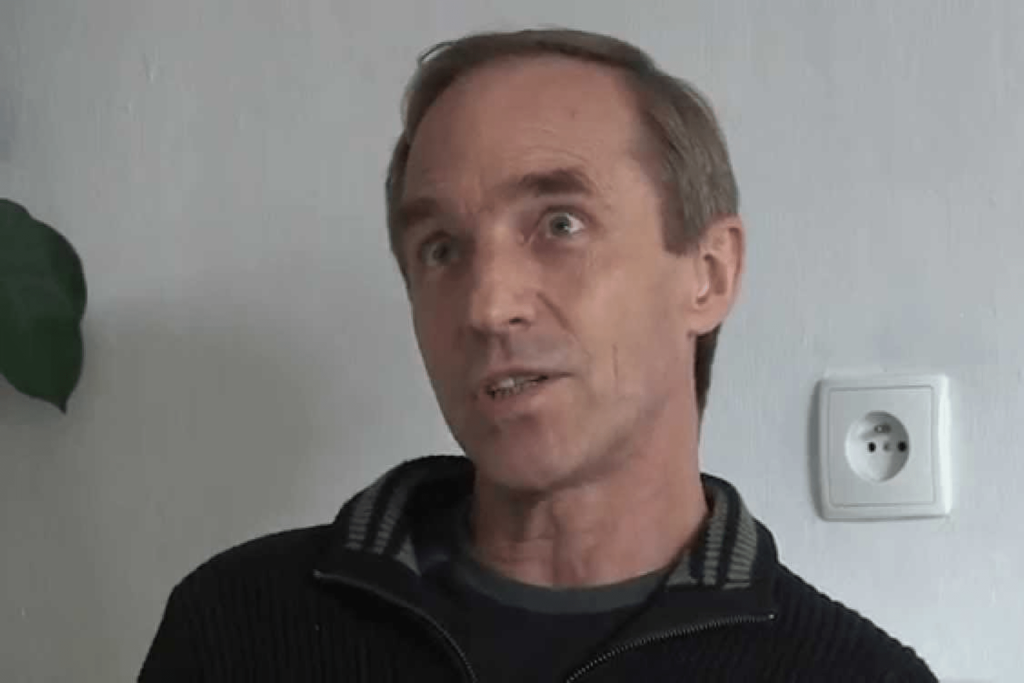
Data show that anti-Semitic attacks in Poland and Eastern Europe are fewer than in the West. How do you explain this?
“Polish anti-Semitism is not particularly aggressive, it is mainly a ridicule of Jews, public statements and prejudice. We could call it an anti-Semitism without Jews, since the number of Polish Jews is now very small. Most of today’s Poles have no experience of living with Jews, most of whom were killed or emigrated. In some Western European countries where Jews are more numerous, such as France, most of the violent attacks against synagogues and Jewish cultural centers are committed by Muslim people who identify Jews as an expression of Israel, which they believe is the source of evil in their home region.”
Lamberto Giannini: “Italy? On anti-Semitism is vigilant!”
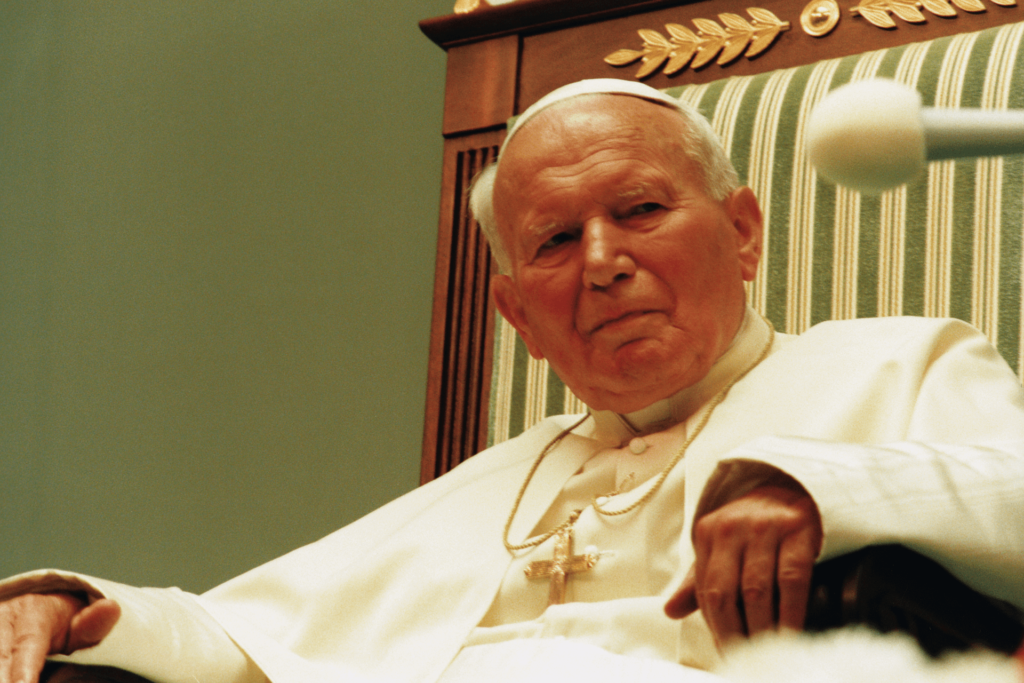
So you don’t see common features in European anti-Semitism?
“Not particularly except for the affirmation of religious fundamentalism, which however is a worldwide phenomenon. In the West there is an anti-Semitism expressed by Muslims and a new anti-Semitism linked to the anti-Israel positions of some left-wing movements. This does not exist in the East, where instead is more widespread a feeling of mistrust towards Jews in society while governments are almost all supporters of Israel’s policies”.
Racism emerged in the consulting activities in Switzerland
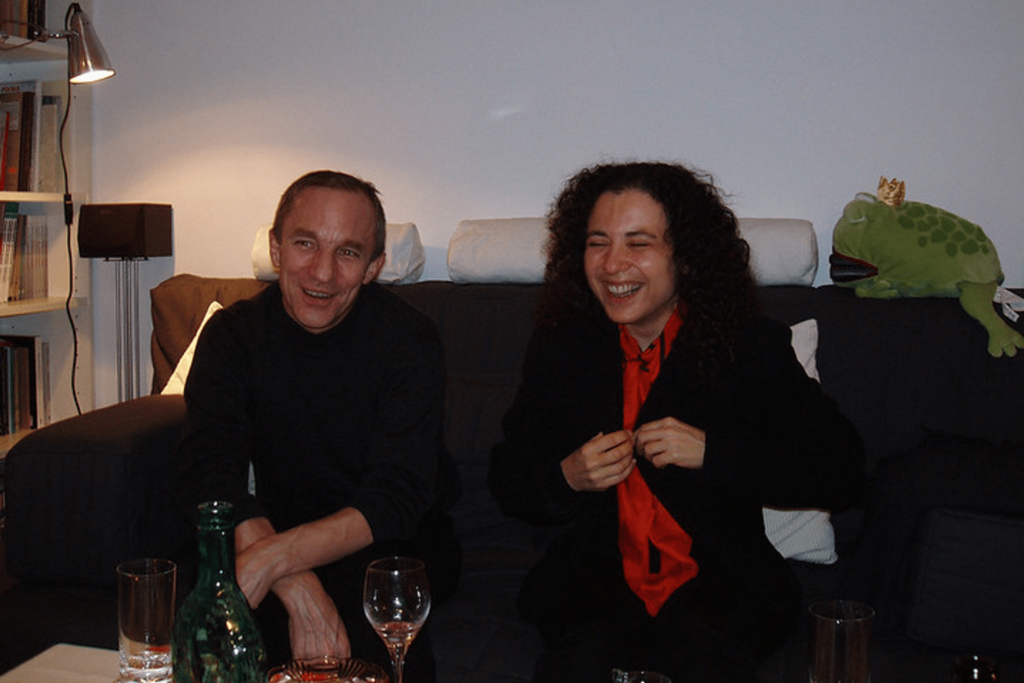
Are there differences between anti-Zionism and anti-Semitism? Where does the former end and the latter begin?
“In England, Corbyn did not claim to be anti-Semitic, yet he legitimized positions within the Labour Party that were in fact anti-Semitic. For example, the boycott of Israeli academics so that they would not speak at universities. Some left-wing academics say they criticize the Israeli government for being right-wing but generalize their criticism of all Jews. In some cases there is a mix of intellectual ideas and anti-Israeli positions that become anti-Semitic because they generically target Israeli authors who want to speak about Jewish art and culture in universities. This phenomenon does not exist in Poland…”.
Switzerland will “modernize” agricultural trade with Israel
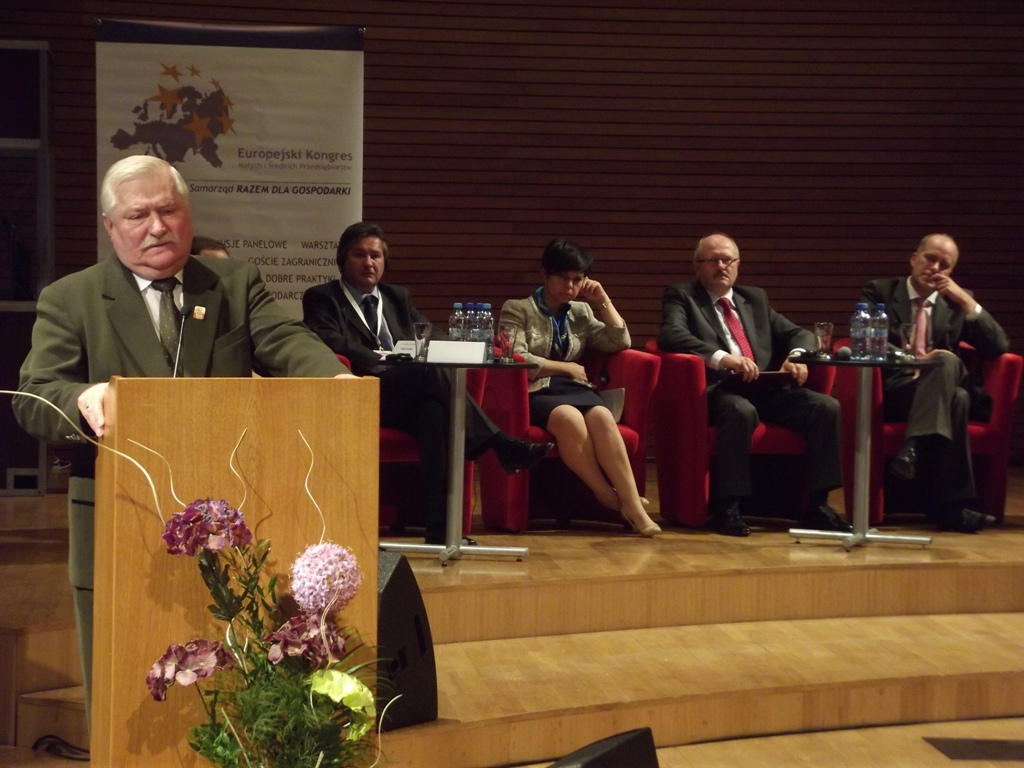
The Polish populist government has had a very strong clash with the right-wing Israeli government regarding the historical responsibilities of Poles during World War II. Is there a correlation between assertion of national-populisms and the growth of anti-Semitism?
“This is a real violent conflict between the right-wing Polish government, which was initially a great friend of the right-wing Israeli government and is now very hostile to it, even though the president has changed in Israel. The bone of contention is the interpretation of history. In recent years the Polish government has been promoting a reinterpretation of modern history. It started with Solidarity by overshadowing Lech Wałęsa in favor of the Kaczyński twins. Then it favored the publication of books and studies that downplay the involvement of Poles in the Holocaust. They would like to show that Poles were victims of two totalitarianisms, the Nazi and the Soviet, like the Jews. Certainly Poles were victims, but many took an active part in the killing of Jews. The new studies minimize this fact and focus instead on the Poles who helped the Jews. Israel does not accept this rewriting of history and this has led to a strong clash.”
(this in-depth article belongs to a special report realized by the journalist Luca Steinmann for the Italian newspaper “La Verità”)
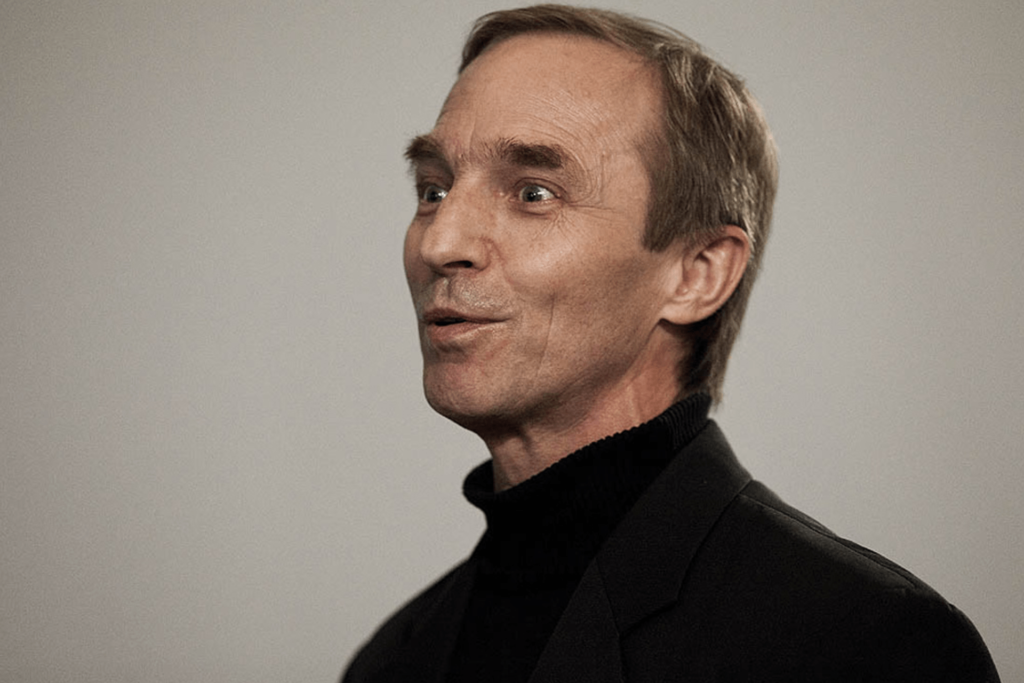
(Foto Adam Walanus/wiadomo.co/)





